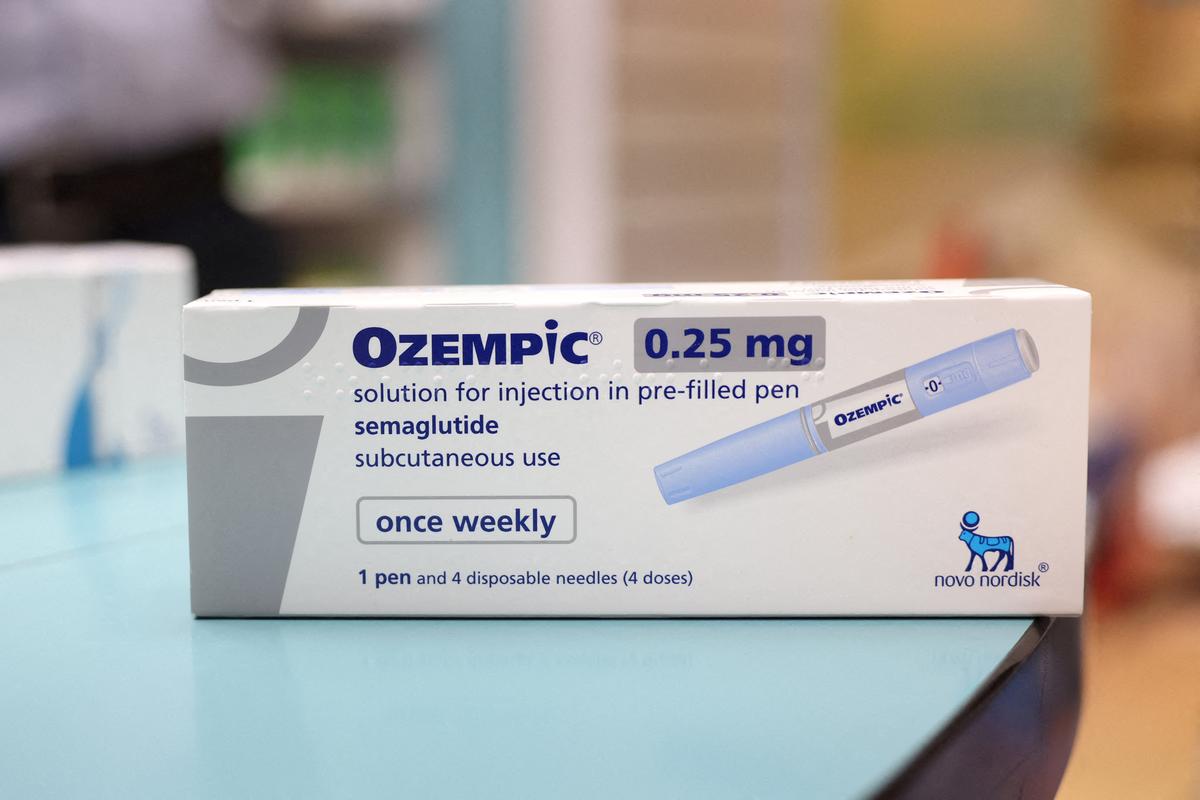Lifestyle
Understanding Medication Needs for Obesity: Who Should Consider It?

Recent discussions surrounding obesity have highlighted the role of medication in treatment, particularly focusing on who may benefit from such interventions. As obesity rates continue to rise globally, health professionals are assessing the effectiveness of pharmaceutical options in managing this complex condition.
Obesity, classified as having a body mass index (BMI) of 30 or higher, affects approximately 39% of adults in the United States, according to data from the Centers for Disease Control and Prevention (CDC). This figure rises to over 70% in certain demographics, leading to significant health risks, including diabetes, heart disease, and certain cancers.
Experts, including those from the World Health Organization (WHO), emphasize that while lifestyle changes such as diet and exercise are foundational, medication can be a viable option for some individuals. These medications can assist in weight loss by altering appetite or metabolism.
Criteria for Medication Use
Determining who should consider medication for obesity involves evaluating several factors. Generally, healthcare professionals recommend medication for individuals with a BMI over 30, or those with a BMI of 27 or higher who also have obesity-related health conditions. This approach helps target those most likely to benefit from pharmacological interventions.
The decision to initiate medication should be part of a comprehensive treatment plan, which may include behavioral therapy and lifestyle modifications. For instance, drugs like semaglutide have shown promising results in clinical trials, with participants experiencing significant weight loss alongside lifestyle changes.
Potential Benefits and Risks
Medications for obesity offer various benefits, including improved metabolic health and reduced risk of obesity-related complications. However, they also come with potential side effects, which can range from mild gastrointestinal issues to more serious health concerns. As such, the decision to use these medications should involve thorough discussions between patients and healthcare providers.
In recent years, the availability of obesity medications has increased, with more options entering the market. This development presents an opportunity for those struggling with weight management to explore different avenues of treatment. However, it is essential for patients to remain informed about the potential risks and benefits associated with these drugs.
As obesity remains a pressing public health issue, understanding the role of medication in treatment will be crucial in addressing this epidemic effectively. With ongoing research and evolving treatment protocols, health professionals are better equipped to guide individuals toward the most appropriate options for their unique circumstances.
In conclusion, the conversation around obesity medication is multifaceted, emphasizing the need for personalized treatment plans. While medication can be beneficial for some, it is not a one-size-fits-all solution; lifestyle modifications continue to play a vital role in achieving long-term health goals.
-

 World4 months ago
World4 months agoSBI Announces QIP Floor Price at ₹811.05 Per Share
-

 Lifestyle4 months ago
Lifestyle4 months agoCept Unveils ₹3.1 Crore Urban Mobility Plan for Sustainable Growth
-

 Science3 months ago
Science3 months agoNew Blood Group Discovered in South Indian Woman at Rotary Centre
-

 World4 months ago
World4 months agoTorrential Rains Cause Flash Flooding in New York and New Jersey
-

 Sports3 months ago
Sports3 months agoBroad Advocates for Bowling Change Ahead of Final Test Against India
-

 Top Stories4 months ago
Top Stories4 months agoKonkani Cultural Organisation to Host Pearl Jubilee in Abu Dhabi
-

 Science4 months ago
Science4 months agoNothing Headphone 1 Review: A Bold Contender in Audio Design
-

 Top Stories4 months ago
Top Stories4 months agoAir India Crash Investigation Highlights Boeing Fuel Switch Concerns
-

 Sports3 months ago
Sports3 months agoCristian Totti Retires at 19: Pressure of Fame Takes Toll
-

 Business4 months ago
Business4 months agoIndian Stock Market Rebounds: Sensex and Nifty Rise After Four-Day Decline
-

 Politics4 months ago
Politics4 months agoAbandoned Doberman Finds New Home After Journey to Prague
-

 Top Stories4 months ago
Top Stories4 months agoPatna Bank Manager Abhishek Varun Found Dead in Well









